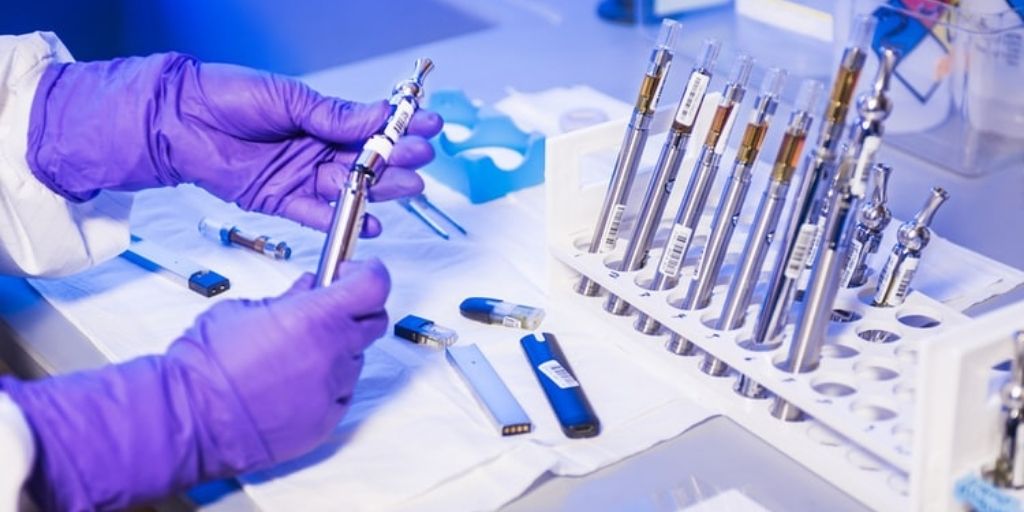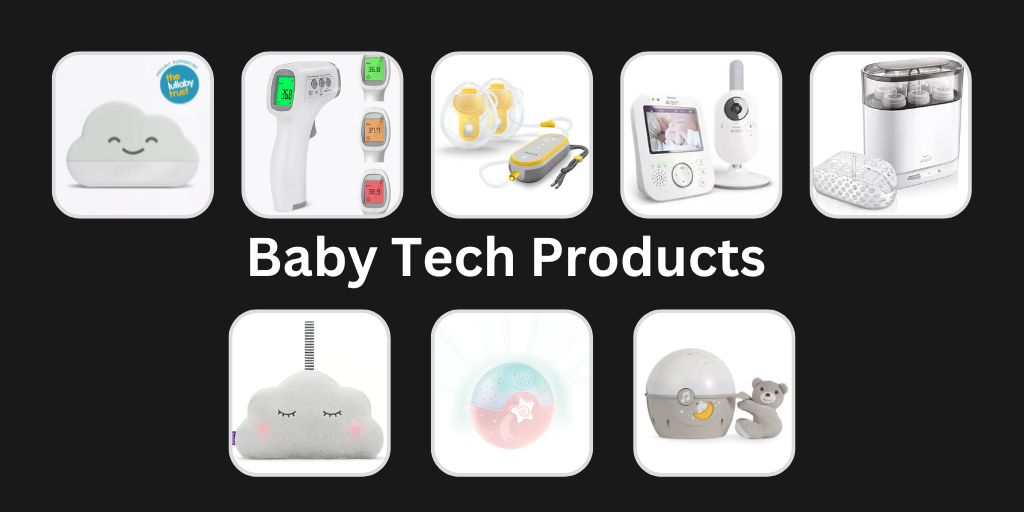
A group of British AI researchers have used a computer programme named Alphafold to predict the shape of 350,000 protein structures — the building blocks of life — in one day, the most complete and accurate picture of the human proteome, more than doubling the number understood by science. According to experts, this discovery has opened up a “new vista of science” by creating a database of proteins that promises to power a revolution in biology and drug discovery.*
Antonio Espingardeiro, IEEE member and a software and robotics expert, discusses some of the potential applications of AI within healthcare below:
“There has always been demand for scalability and quality within healthcare. With the global population living longer than ever before, and many citizens living with health conditions that require regular medical checks, leaders are looking to technology to ensure equity in care delivery and fully democratise healthcare. As the discovery revealed yesterday, technology can provide a solution. AI can analyse vast quantities of information, and when coupled with machine learning, it can search through records and infer patterns or anomalies in data, that would otherwise take decades for us to analyse as human beings.
“Through pattern recognition, AI could potentially screen patients on a much greater scale, and even assist with overall disease management. As a result, medical professionals will eventually be able to improve or better coordinate healthcare plans for long term treatment, and infer timely and reliable data throughout diagnosis. We are just starting to see the beginning of a new era; an era where machine learning could bring substantial value and transform the traditional role of the doctor. With the increased adoption of AI and robotics, we will soon be able to deliver the scalability that the healthcare sector needs and establish more proactive care delivery. We may even be able to solve of some of the biggest challenges and issues of our time.”









